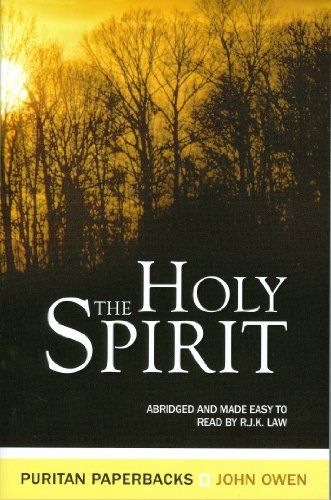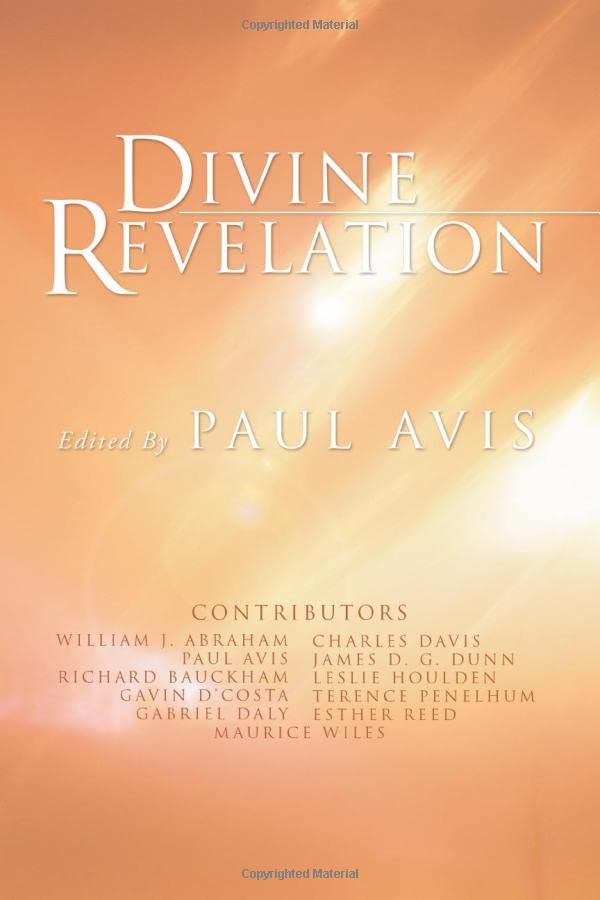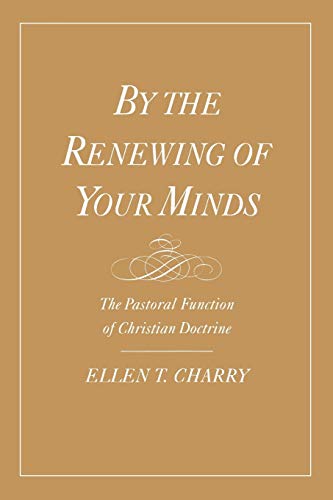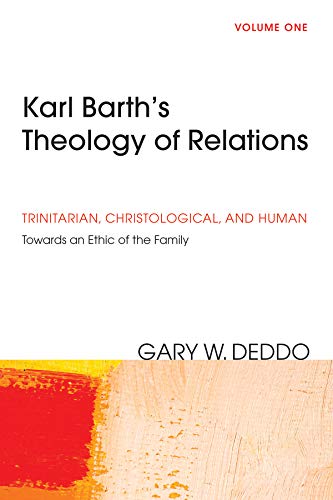Encydopedia of Christianity, Volume I, (A–D)
Written by Erwin Fahlbusch Reviewed By W. David J. McKayThis is the first part of the five-volume Encyclopedia of Christianity, which will undoubtedly become a major reference work for many years to come. The encyclopedia is a translation of the third revised edition of the German Evangelisches Kirchenlexilkon: Internationale theologische Enzyklopädie, with significant enhancements and additions. These include articles on most countries of the world, including former Communist countries which have gained their independence since 1989, the latest statistical information on religious affiliation in each country, seventy additional biographical articles on prominent figures in church history and many expanded or new articles on topics of particular interest to English-speaking readers.
The aim of the encyclopedia is, as the publishers state, to present Christianity in its global context, its ecumenical context, its sociocultural context and its historical context. A wide range of contributors has been assembled, although given the origin of the work, the majority are German. Similarly a wide cross-section of traditions is represented in both writers and articles. Thus in volume one the 465 articles include Abortion, Action Theory, Alexandrian Theology, Anchorites, Anselm, Anti-Semitism, Apostolic Churches, Argentina, Assurance of Salvation, Atheism and Ave Maria, without even venturing beyond A. On the basis of one volume it is impossible to assess the overall balance of articles, but it does seem that coverage of the subject areas is good, with minor cavils due mainly to the reviewer’s personal biases.
As far as the content of the articles is concerned, many are straightforwardly factual and avoid controversy. This is most obvious in articles dealing with philosophical terms (such as Deontology) and ecclesiastical practices (such as Anaphora). Articles on various Christian denominations and organisations are written from a generally sympathetic standpoint, and this feature is also evident in articles on other religions and movements. Thus the article on Bhagwan Shree Rajneesh makes no mention of the highly controversial aspects of the movement which he founded. The material on ethical issues shows rather more diversity of approach, with the article on Abortion giving a balanced presentation of all sides of the controversy, whilst that on the Death Penalty takes a clear stance against capital punishment.
The length of the articles varies considerably, usually reflecting the importance of the subject, but some differences are not readily explicable. Why, for example, should five and a half pages be given to a (strongly conservative) piece on Birth Control, whilst Abortion receives two and a half pages? The reason is not at all obvious, and stronger editorial control should probably have been exercised in such instances. In fairness it has also to be said that there are not many cases where this is so. The scope and complexity of some of the subjects covered also presents difficulties for the authors of articles. Buddhism, for example, is extremely difficult to describe clearly and concisely, and the treatment is consequently highly compressed. Other subjects which suffer from such treatment include Aristotelianism and Critical Theory, with both articles assuming a fair amount of background knowledge on the part of the reader. The broad scope of some subjects and the specialised nature of some academic disciplines means that a number of articles are divided among several authors. Usually this does not present significant problems, but occasionally one section of an article contradicts a later section. This is noticeable in two conflicting views of the New Testament material in the article on Church Government.
The treatment of biblical books and subjects almost inevitably provides more scope for controversy, with the authors’ presuppositions showing through more clearly. Hugh Williamson provides a balanced treatment of Chronicles, and the article on Acts is generally satisfactory, although the bibliography consists entirely of German works. On the other hand, the article on Daniel speaks in terms of ‘fictive history’ and legend, and gives the work a Maccabean date, without ever mentioning the possibility that some may believe on scholarly grounds that the book was written by the historical Daniel in Babylon and records historical events. The article on the Decalogue speaks in terms of the evolution of the Decalogue over a long span of history and finds conflicts between the Exodus and Deuteronomy accounts. A number of articles express a view of Scripture which many evangelicals will find unacceptable.
The articles on theological subjects often treat Scripture as a record of evolving human religious insight rather than as a revelation originating in God. In the article on Angel, for example, belief in cherubim is ascribed to the influence of Canaanite religion, whilst the article on Antichrist finds the origins of this belief in the second generation of Christians, not among the apostles. There are several extended treatments of major subjects such as the Church and Christology. The article on Christology, with five different authors, attempts a wide coverage of the subject which includes Orthodox and Roman Catholic perspectives. A considerable amount of useful material is well presented, but it does not appear that any of the authors believes that a significant contribution to Christology has ever been made by an evangelical theologian.
On the basis of volume one, it can be said that the encyclopedia will be an indispensable reference work for a long time to come. The statistics in the articles on individual countries will of course date rapidly, and some are no doubt already out of date. Nevertheless the usefulness even of these articles will remain substantially undiminished. It is a work to be read critically, offering as it sometimes does a clearer insight into the world of scholarship than the world of the Bible, but The Encyclopedia of Christianity promises to be a place where readers (and reviewers) can consume many happy hours pursuing subjects from one article to another.
W. David J. McKay
Reformed Theological College, Belfast






